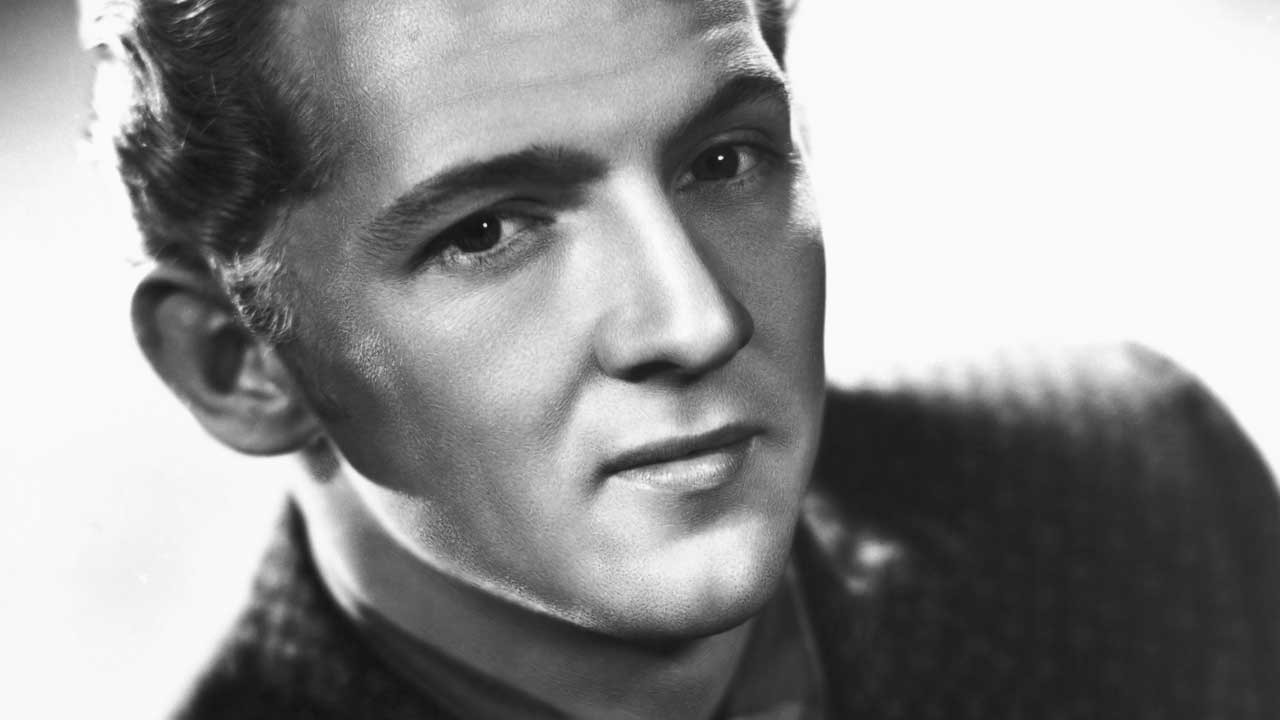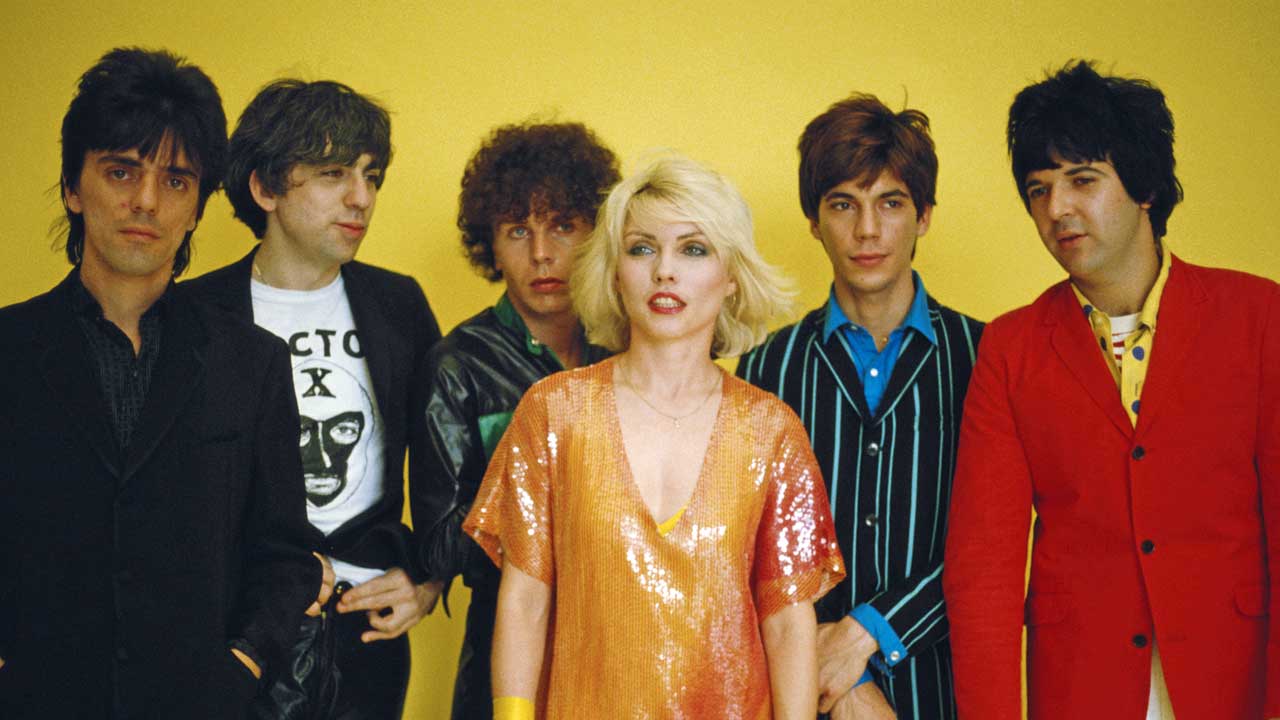Jerry Lee Lewis dead at 87
Rock'n'roll legend Jerry Lee Lewis has died, it has been confirmed

Rock'n'roll innovator Jerry Lee Lewis has died, according to an announcement made by his publicist. The news was officially broken earlier today (Friday October 28), following incorrect reports of his death earlier this week. The singer-songwriter and pianist, known for hits including Great Balls Of Fire and Whole Lot Of Shakin' Going On, was 87 years old.
Lewis was perhaps rock’s first anti-hero. Before Sid Vicious, before Axl Rose, Jerry Lee Lewis had been rock n’ roll’s premier bad boy. Jerry Lee wasn’t the first rocker to shock polite society, but he was the first to unconsciously push its acceptance of the new music to its limits. In his wake, countless others would attempt to pull the same trick. Few would have anything like the same impact.
Like many of rock n’ roll’s original instigators, at the heart of the Jerry Lee Lewis story was a lifelong struggle between religion and rock n’ roll. Born in Ferriday, Louisiana into a community in which Christian belief coloured and shaped everyday life, the young Jerry Lee considered becoming a preacher and even after turning professional was tempted on several occasions to devote his life to God.
Most notably there was the infamous Great Balls Of Fire session when Jerry Lee decided halfway through recording that the song in question was the work of the devil – it took all of Sam Phillips’ powers of persuasion to cajole him into completing the track. “The conflict inside Jerry Lee was not a thing of books and movie scripts,” noted his biographer Rick Bragg, “but a real wounding thing.”
Many obituaries will focus on his marriage to his 13 year old cousin Myra Gail, its uncovering by the British press and the tsunami of scandal that engulfed him. Up till then Jerry Lee had been the brightest new rock sensation, the latest (and final) star to emerge from Sun Records stable. Whole Lot Of Shakin’ Goin’ On had reached Number Three in the Billboard chart, Great Balls Of Fire had been a British Number One (one of the few rock records to achieve this feat in the 50s).
With Elvis set to enter the army, the throne was there for the taking. Then came that British tour, the fall out and a number of mediocre records that failed to capture the public imagination in the same way. “They scalped him,” was Sam Phillips’ verdict on the scandal. “So many people wanted to…do in rock n’ roll and this was just what they were looking for.”
Indeed, when Buddy Holly, Richie Valens et al were killed the following year - aka the ‘day the music died’ - it seemed that the entertainment establishment and the forces of conservatism might have won, that rock n’ roll itself could be over.
It wasn’t, of course. Jerry Lee’s own career recovered, though it was never quite the same when he re-emerged after an obligatory stint in the sin-bin. He tried different formulae, switched styles, even discarding his piano for a harpsichord on the brilliantly-titled 1965 single Rockin’ Pneumonia And The Boogie Woogie Flu. Eventually he managed to successfully re-invent himself as a respectable country performer and as the 60s shaded into the 70s chalked up a number of US hits in this style.
Sign up below to get the latest from Classic Rock, plus exclusive special offers, direct to your inbox!
Every so often, though, the hell raiser of old poked his head above the parapet to remind fans what the fuss had been about in the first place. Most notably, there was the time when he was invited to perform at the Grand Ol’ Opry in January 1973. Jerry Lee overran his allotted time, swore and broke the strict ‘no rock’ rule by playing Whole Lotta Shakin’ and Chantilly Lace (with his foot, no less.) Needless to say, the Nashville establishment was not impressed.
Around this time his drug intake and out of control behaviour began to increase. Jerry Lee had been a consumer of amphetamines since the late 50s but as the 1970s progressed, his life unravelled further. He accidentally shot his bassist in 1977, the drug and driving offences started to pile up and his financial situation deteriorated, with the IRS seizing most of his property and possessions in 1979, though with typical swagger he managed to make light of it: “I don’t think they’ll ever bring my stuff back,” he told a reporter from United Press International, “and I don’t care if they don’t. I’ll go out and git me some more.”
Eventually, he did manage to straighten out his affairs and benefited from the revival of interest in his music engendered by the 1989 biopic Great Balls Of Fire, for which he recorded the soundtrack. Unlike his old label mate Johnny Cash, however, Jerry Lee was never adopted as an icon by a younger generation.
His arrogance seemed to allow him to override the sort of misfortunes that would have sunk lesser men - and indeed did for many of his contemporaries. And it must have been a source of not-inconsiderable satisfaction to him knowing that of all rock’s great pioneers, its wildest, most self-destructive son managed to nearly outlive them all.
Classic Rock is the online home of the world's best rock'n'roll magazine. We bring you breaking news, exclusive interviews and behind-the-scenes features, as well as unrivalled access to the biggest names in rock music; from Led Zeppelin to Deep Purple, Guns N’ Roses to the Rolling Stones, AC/DC to the Sex Pistols, and everything in between. Our expert writers bring you the very best on established and emerging bands plus everything you need to know about the mightiest new music releases.

